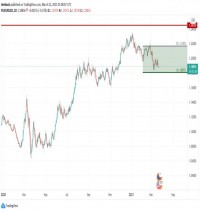New Managers
February 2012
Perspectives |
|
This article was published in Opalesque's New Managers a top-down monthly analysis, news and research publication on the global emerging manager space.
|





 RSS
RSS













